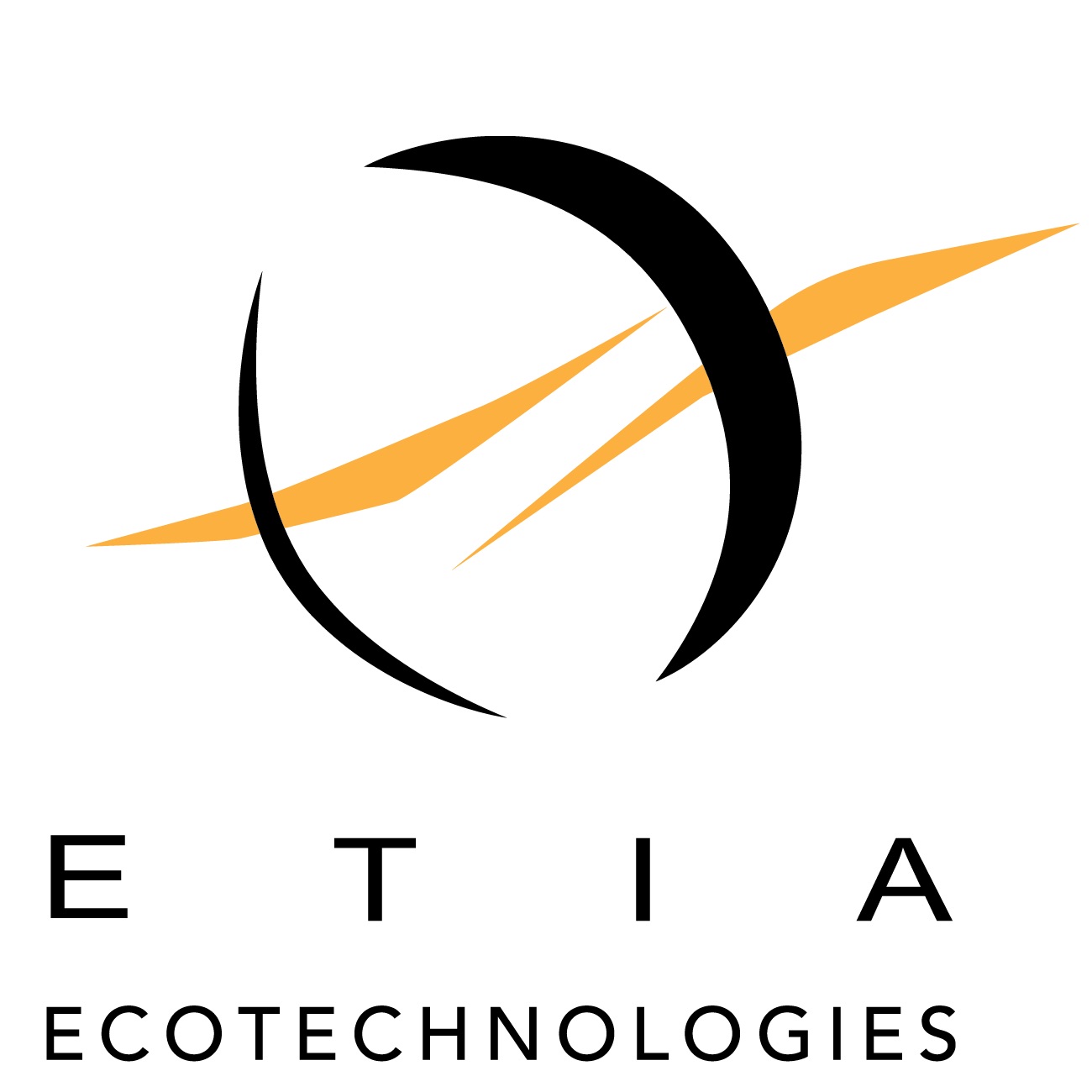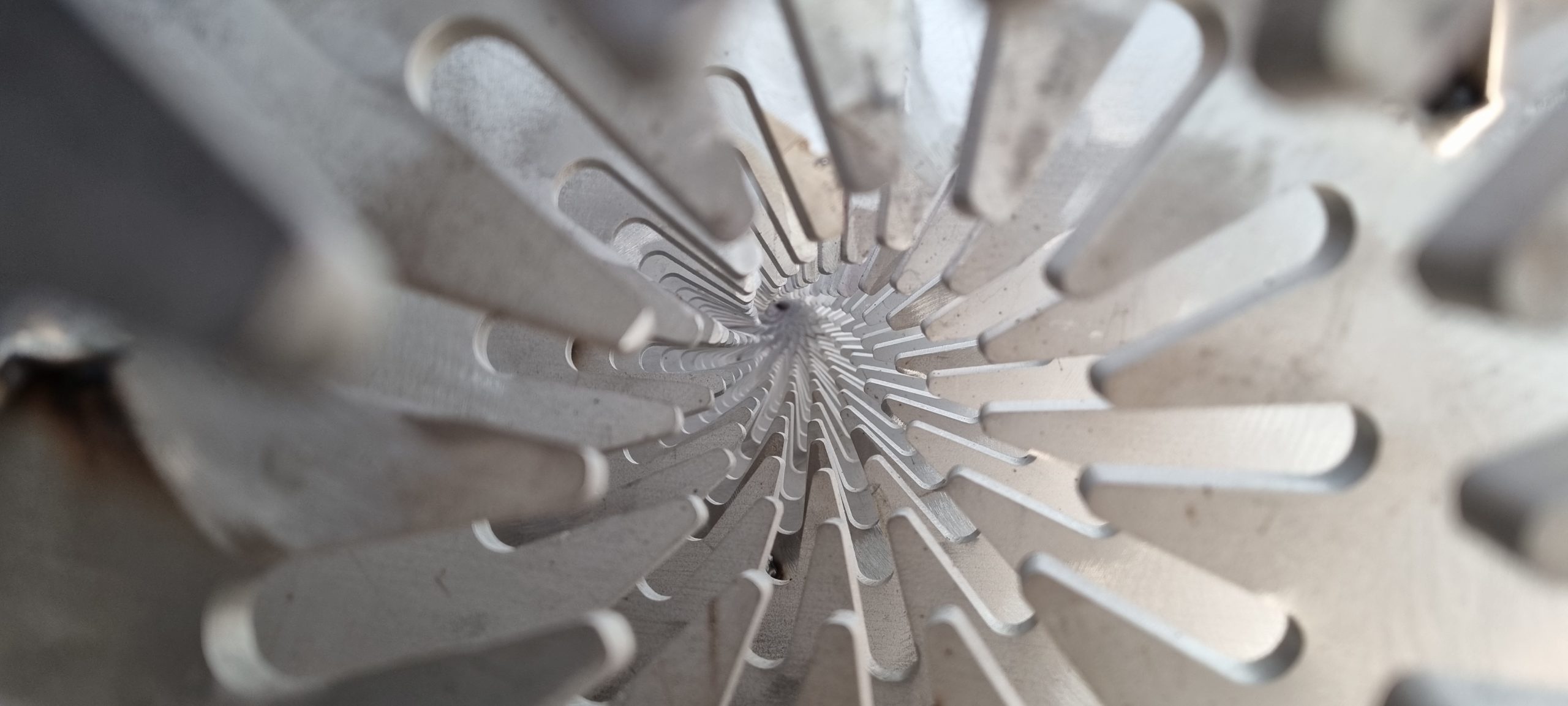We are happy to be a part of BIOCHAR 2021 project, taking the challenge of compost improving and creating new soil amendments that bring together the advantages of biochar and compost.
Biochar 2021 project introduction
The application of biochar in soils by incorporating them into composts or growing media is an effective way to promote carbon sequestration, while improving soil fertility and water retention capabilities. However, the agronomic efficiency of solutions integrating biochar depends on multiple factors (type of biochar, doses and modes of intake, type of soil or substrate, type of target plants, etc.). In addition, the agronomic efficiency of biochar has been poorly studied under temperate climates.
Biochar project objective
The aim of the BIOCHAR 2021 project is to validate a new economic model for the production of organic amendments with high agronomic value, integrating biochar into composts that have not been valued so far.
From a selection of residual biomass collected among the “Farmers/Composters of France” network (ACF), different types of biochar will be produced and co-formulated with compost to produce amendments and growing media. The different formulas will be tested agronomically to select the best of them, which will be marketed in amateur and professional markets via conventional composting platforms and distribution channels.
The competences gathered within the consortium supplemented by specialized subcontracting will cover the entire value chain of the proposed model (sourcing, production of standardizable biochar, formulation and production of substrates, efficiency agronomic tests) and integrate an industrial, organizational, regulatory, environmental and economic validation of the model.
The project has the following strategic objectives:
- Demonstrate the technical and economic feasibility of the studied sector
- Develop a strongly anchored economic model (short circuits, circular economy) centered on composting platforms.
- Improve the competitiveness of composting platforms through the use of previously poorly valued co-products and the diversification of high added value products.
- Develop new product lines (amendments and growing media) with high agronomic value and low carbon impact.
With a duration of 4 years and a global budget of 2 million euros, the BIOCHAR project brings together 4 SMEs (ETIA – the project leader with its subsidiary VT GREEN; 3 composting platforms belonging to the Composters Farmers network in France: Loire Compost, Agricompost10 and Agriopale) as well as 2 academic partners (INRA, Unilasalle).
Project is supported by BPI France and the regions of Hauts-de-France, Pays de la Loire and Grand Est. It also benefits from the labeling of the IAR, Céréales Vallée and Terralia competitiveness clusters.


